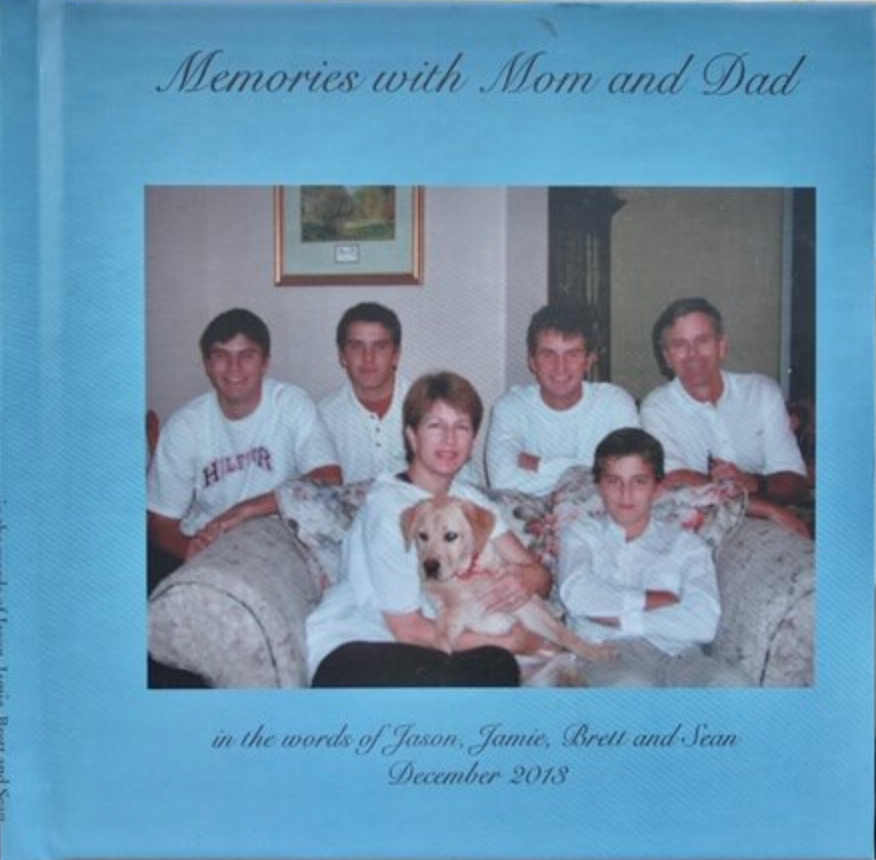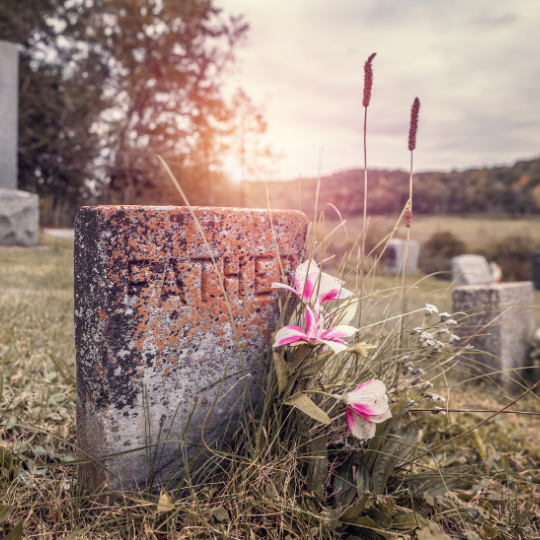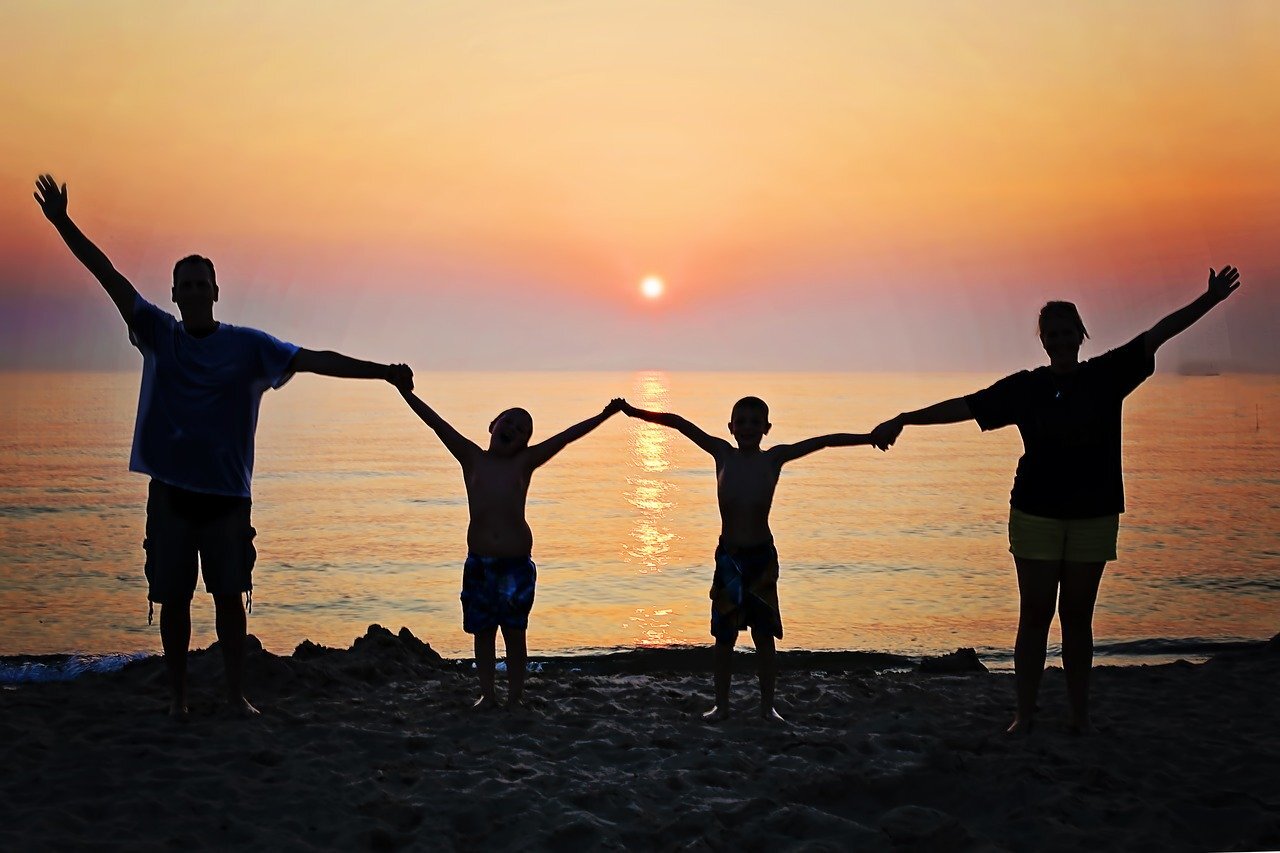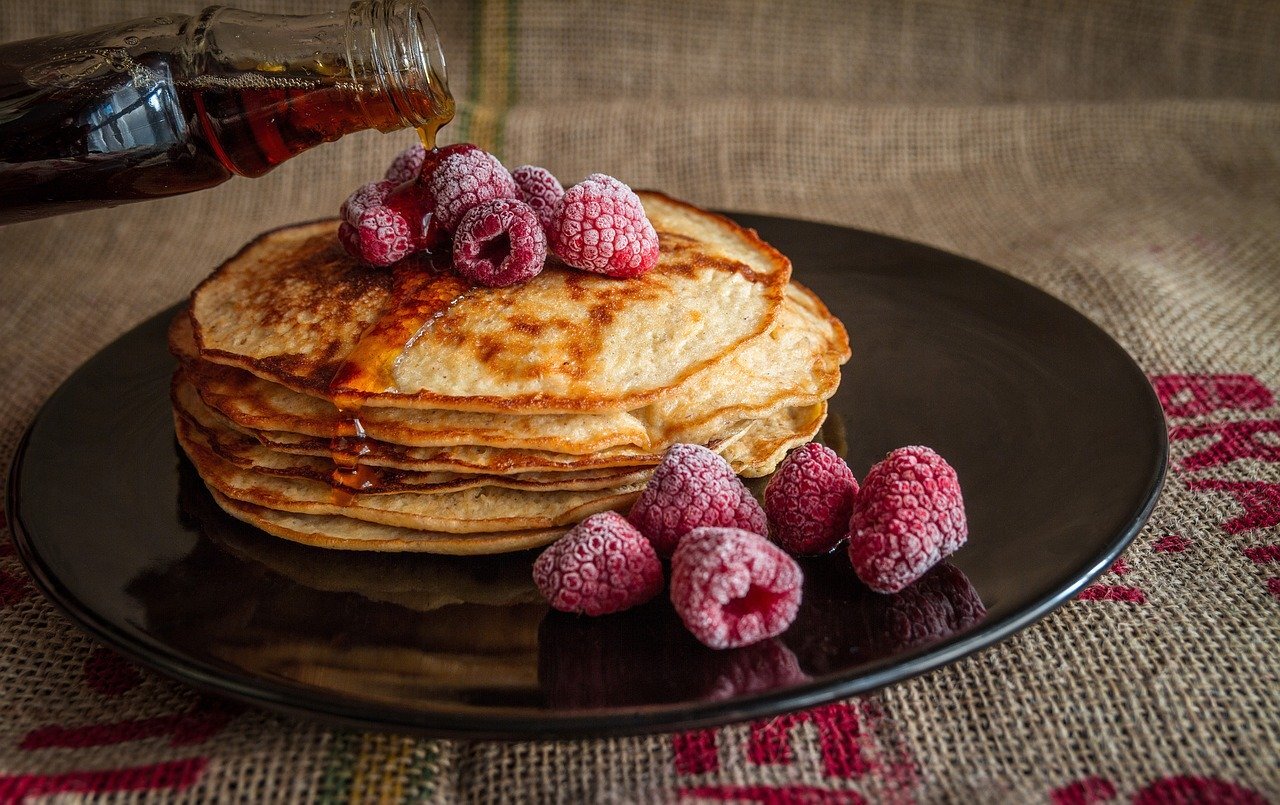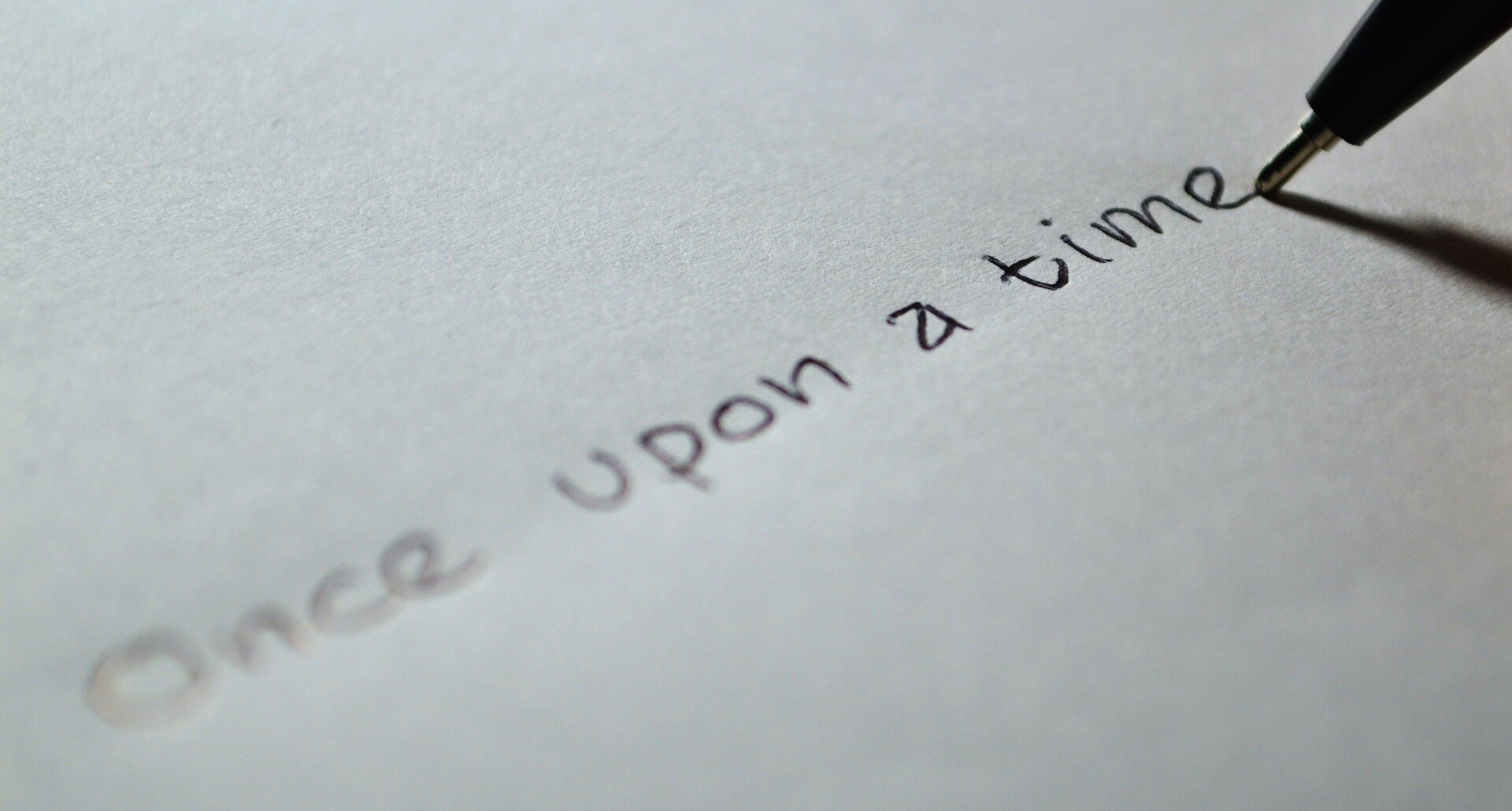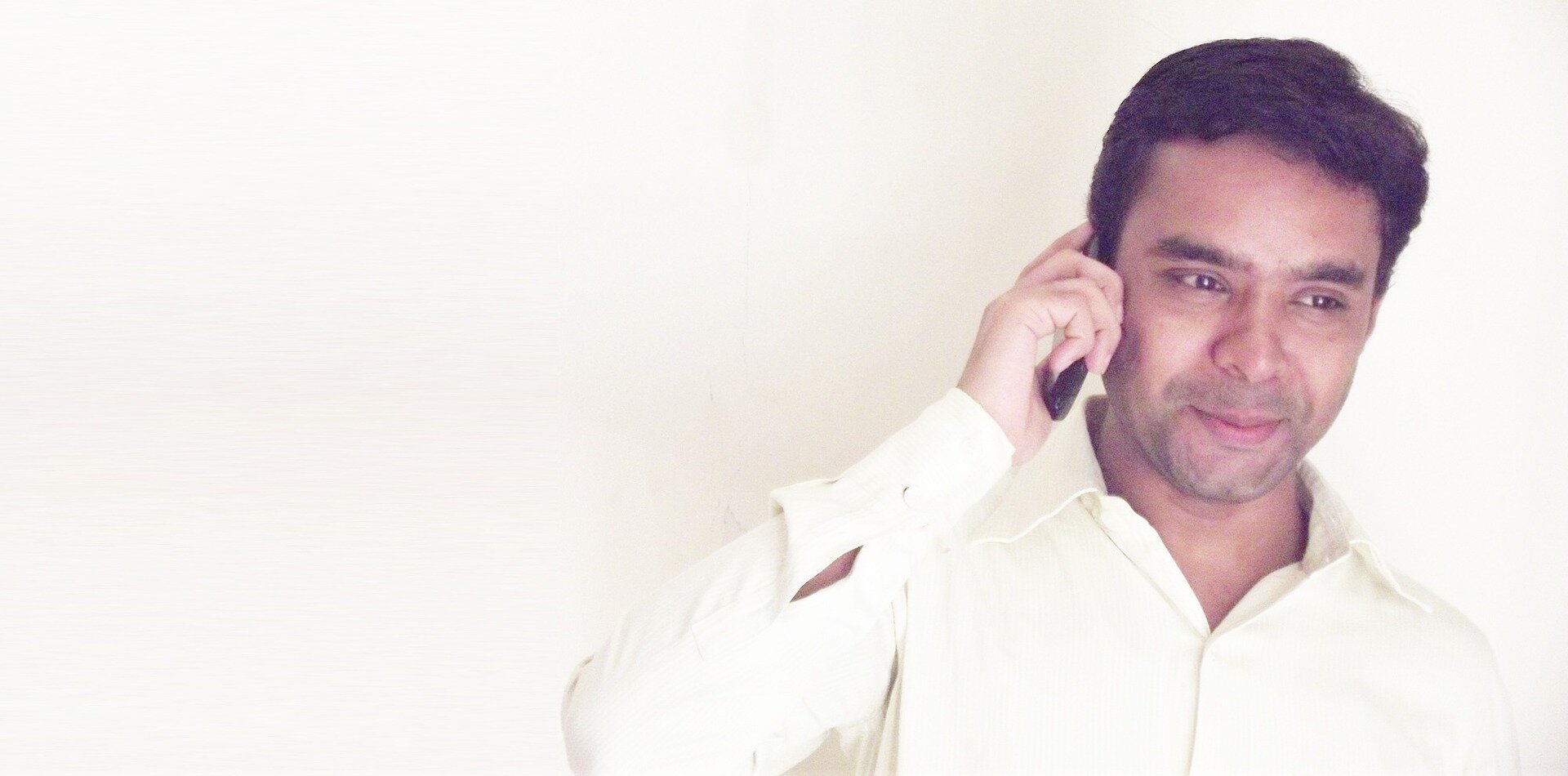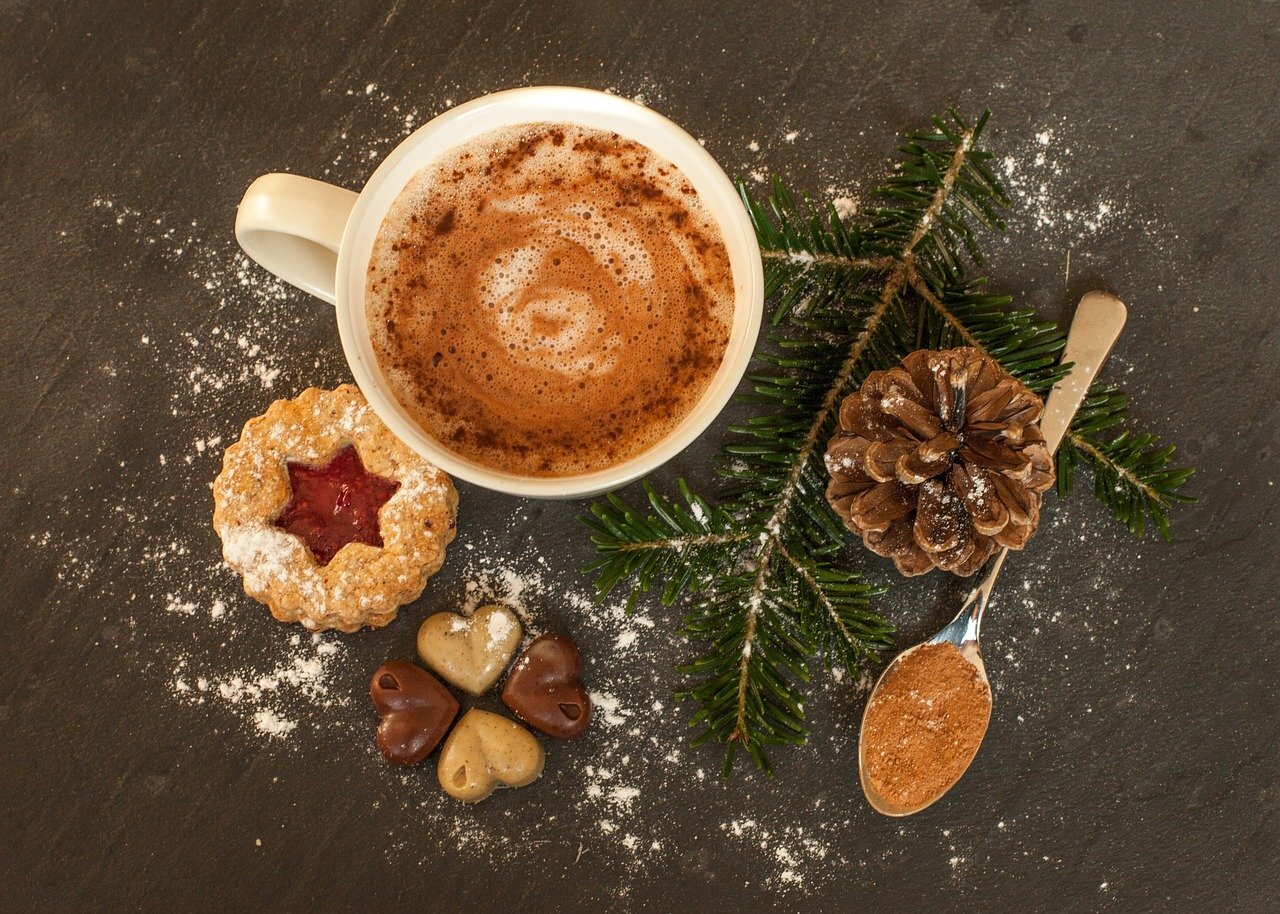Leaps and Bounds with Relative Race
Guest Post by Anitra Louis, of BYU TV’s Hit Show - Relative Race (Season 6)
photo courtesy of BYU TV
I am not a risk-taker. I had training wheels on my bike until I was 11 years old. When other kids were doing cannonballs into pools, I was walking to the stairs and easing my way into the water. This cautiousness continued well into adulthood. When it snowed in college, a bunch of my friends decided to go sledding down the most prominent, most steep hill on campus. I joined in, but I was careful to control the speed. After college, I worked a few summers as a creative writing teacher at a traveling Arts and Science camp. One day a group of teachers and camp counselors decided to tire swing into a lake. I cheered everyone on from afar. I’m not sure that I was even scared. I believe I've always just approached everything with so much caution and discernment that taking a leap of faith or doing an activity that required some risk never really interested me--until December 24th, 2018.
I’m a late Christmas shopper. Every year my goal is to be so organized that I finish shopping in August and finish wrapping in September. That never happened. So there I was, shopping for presents according to the theme of the year: Books. I walked around the bookstore with my husband, Paul, looking for gems at the 11th hour of holiday shopping. “Let’s just split up,” I said to him. We each took a few names and decided to pick books to fit each relative. After a while, searching for the perfect book became boring. So, I decided to take a quick scroll on Instagram. I swiped down once or twice before I saw the ad that eventually changed my life: ‘Are you adopted and looking for your biological parents?’ I stopped in the middle of the Sci-Fi aisle and looked around to see if Paul was nearby. This advertisement could easily be a scam. The person creating the ad could also be foreign royalty reaching out to me to help in a financial bind.
I waited a few seconds before deciding to respond to the ad. I clicked the link, filled out the application, and waited for a follow-up email. In the meantime, I went to find Paul and tell him about the decision I made. There he was with three books in his arms, “look what I found!” He held up his books, grinning ear-to-ear. I felt confident knowing he was in a good mood. “We need to talk,” I said to him. I led him by the elbow to a quiet corner. Whenever I have news to share, good or bad, I just blurt it out. “I signed up to be on a reality show about finding my birth parents.” He paused almost identical to the way I had half an hour ago. “What?” he asked. I began explaining what I saw and the process but he stopped me mid-sentence and told me, “I’m in.”
With those two words, my husband and I set out on a journey to find my family on a show called Relative Race. The rest of the audition and casting process was a whirlwind of phone calls, DNA testing, and anxiously waiting to find out the results of it all. I cannot articulate—even now—the emotions I felt leading up to the first day of the race. What I can say without hesitation is that the competition in its entirety taught me about the significance of bravery and the benefits of faith, and taught both Paul and I about the power of partnership and friendship in love.
photo courtesy of Anitra Louis
Each day for each member of each team is uncertain. The day is unpredictable in a few different ways. First, we have no contact with the outside world. We cannot merely text a friend or a family member back home and check-in. We cannot reach out to our children. Second, we are in cars driving and following maps, but we control very little about those trips to and from our relative’s house. We are left only to pray that our travels are safe.
Last but not least, when we walk up to that door, we don’t know who will be on the other side. All we know is that whoever is on the other side of that door is a piece of us. This journey required a complete break of my illusion of control, and quite honestly, the comfort of fear. The competition was beautiful and exciting, and certainly worth the process, but it was in no way comfortable. The only way any of us made it from day 1 to the last day is with hope and faith.
I’ve talked a lot about myself, but honestly, the journey my husband and I made on Relative Race completely changed our marriage.
photo courtesy of Anitra Louis
On the outside, Paul and I look idyllic: smiling, great photos for holidays and special events, videos of laughter, and cheers from people who know and love us. While that is mostly true, it’s also true that no marriage is perfect. Our marriage is no exception. In recent years we settled into our routine: get up, usher our daughter off to school, head to work, get home, eat dinner, put our daughter to bed, go to sleep, then wake up and repeat’ each weekday. The weekend consisted of entertaining our daughter and visiting family and friends.
After two decades of friendship and 12 years of marriage, communication had become the issue we struggled with the most. However, for several days we had no other choice not only to communicate but also to trust each other in a way that was foreign to us—there’s that faith again. On the road, we didn’t have work as a distraction; we didn’t have a child requesting attention—or more accurately, snacks—we had silence. We had stillness. We had each other. In those several days, in that car, in the homes of our new relatives, our relationship was renewed--rejuvenated. We learned new things about one another; we recognized unique strengths and were supportive through new weaknesses.
photo courtesy of Anitra Louis
One of the best parts of the race was learning all of this about ourselves while meeting our family. Each day I met a link to my lineage and my history. I learned that both ministry and education run deep in my bloodline. I learned that my ancestors started one of the first black schools for free men and women, and the neighborhood where my mother and father grew up was one of the first black incorporated towns in North Carolina. I found the beauty in my birth family and my biological parents’ story, and I appreciated my earth family—as I call them—on an even deeper level. One of my biggest blessings is that my birth family and earth family were able to meet one another and fellowship with one another in a way I would never have thought possible.
Many words, days, and months later, here we are taking another leap of faith: Adoption. Paul and I have decided to adopt a child and expand our family.
For someone inexperienced with taking risks, I would recommend taking leaps of faith to anyone.











